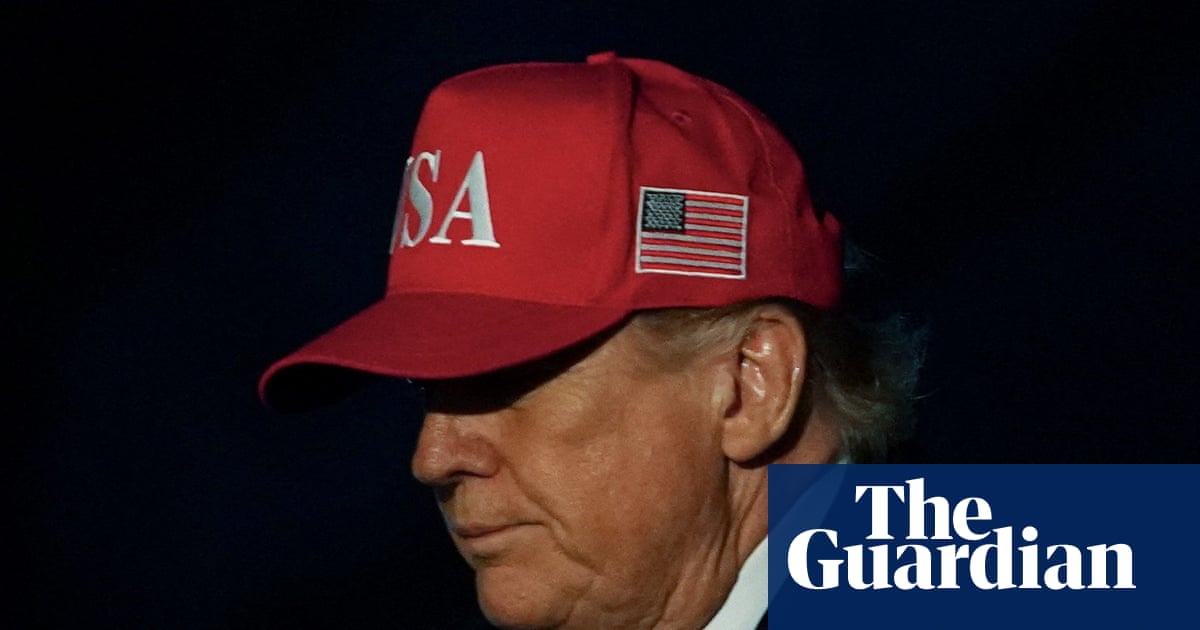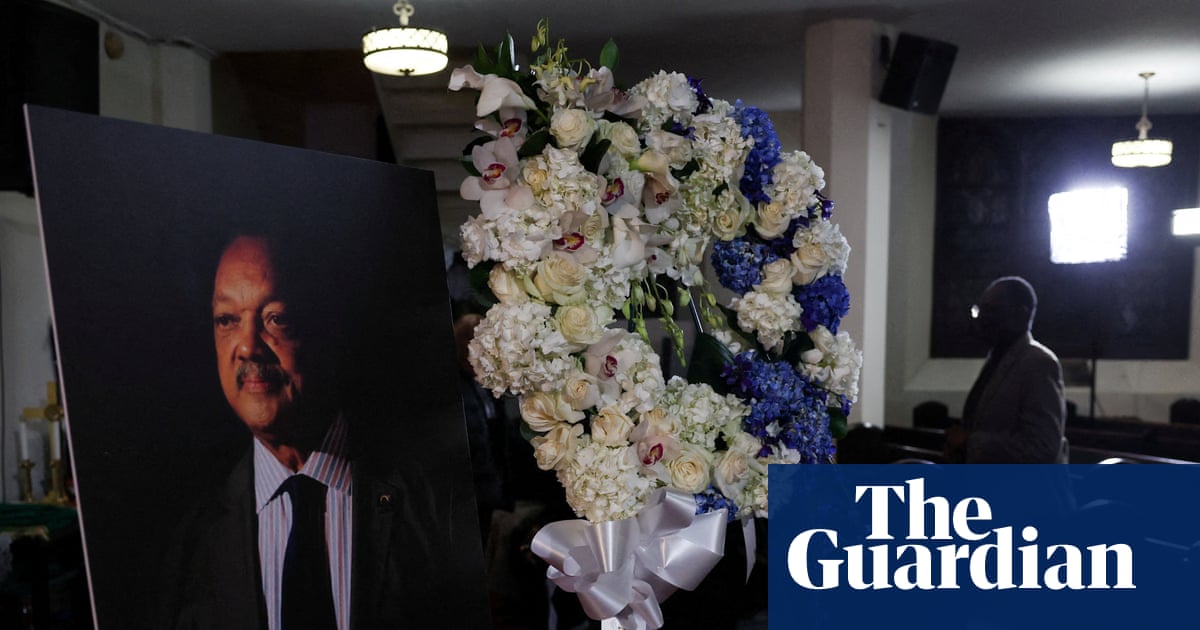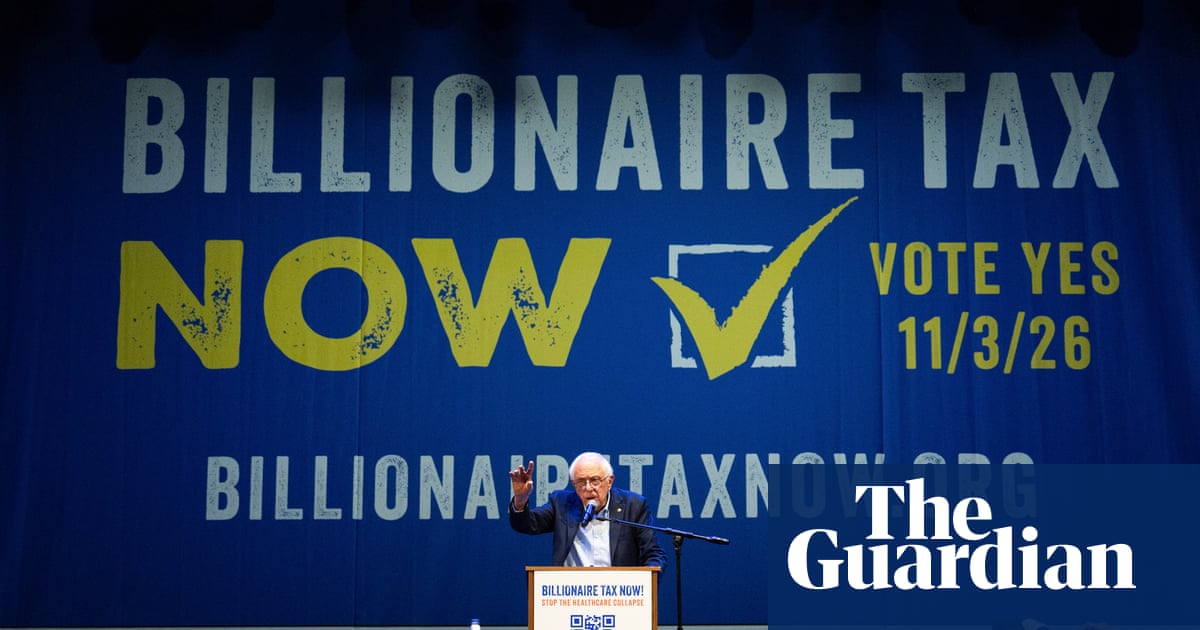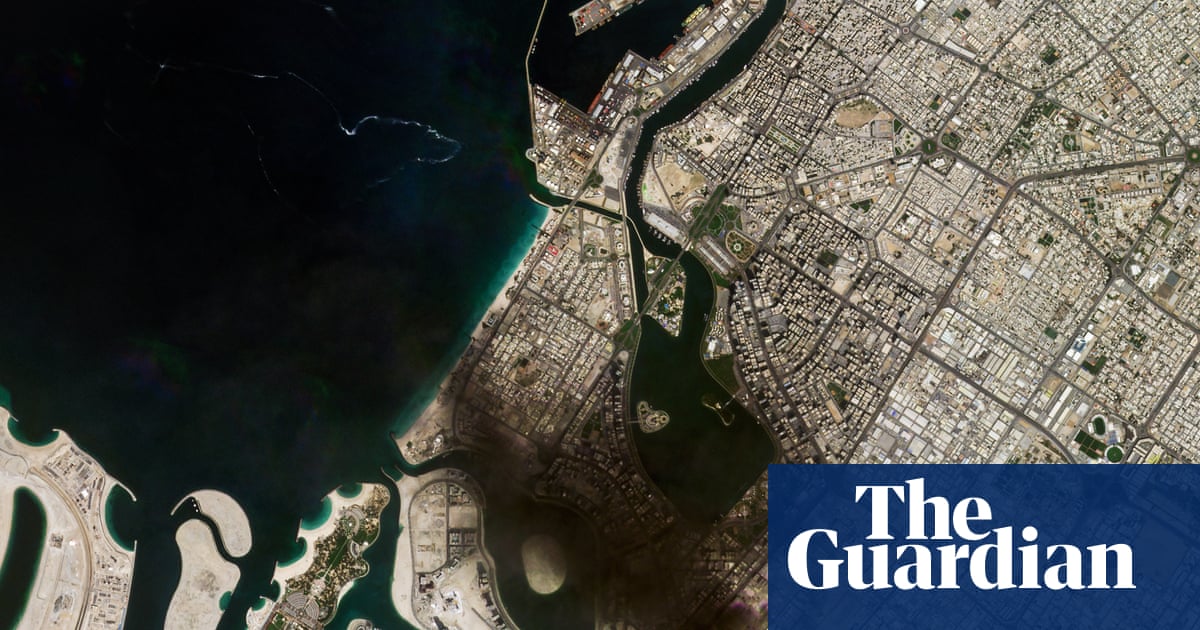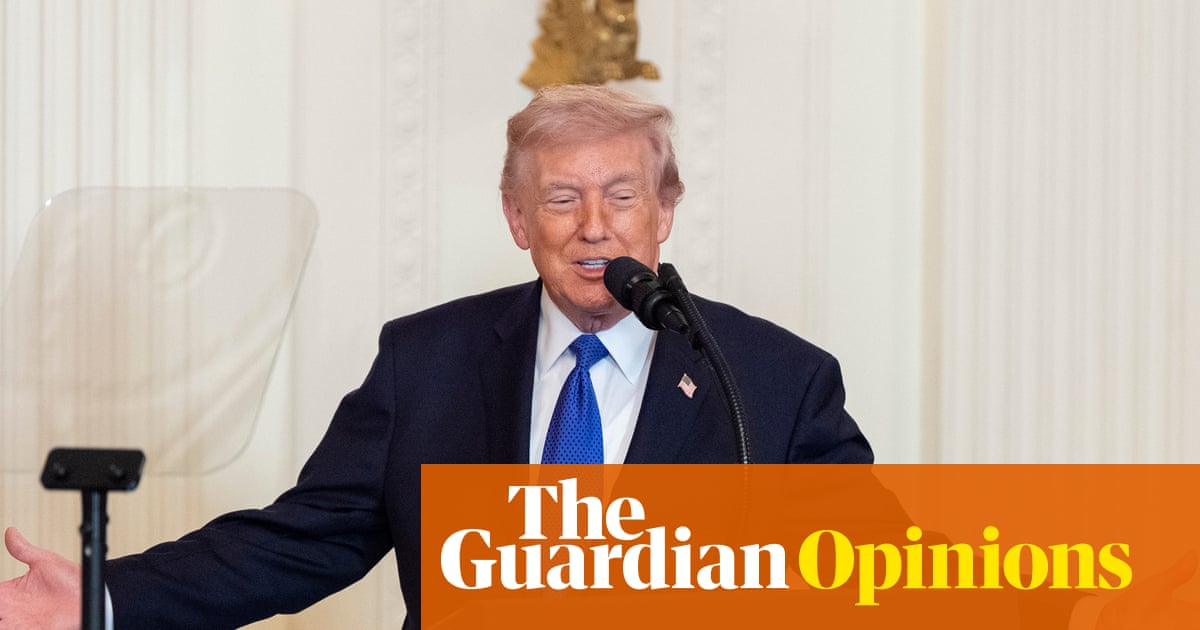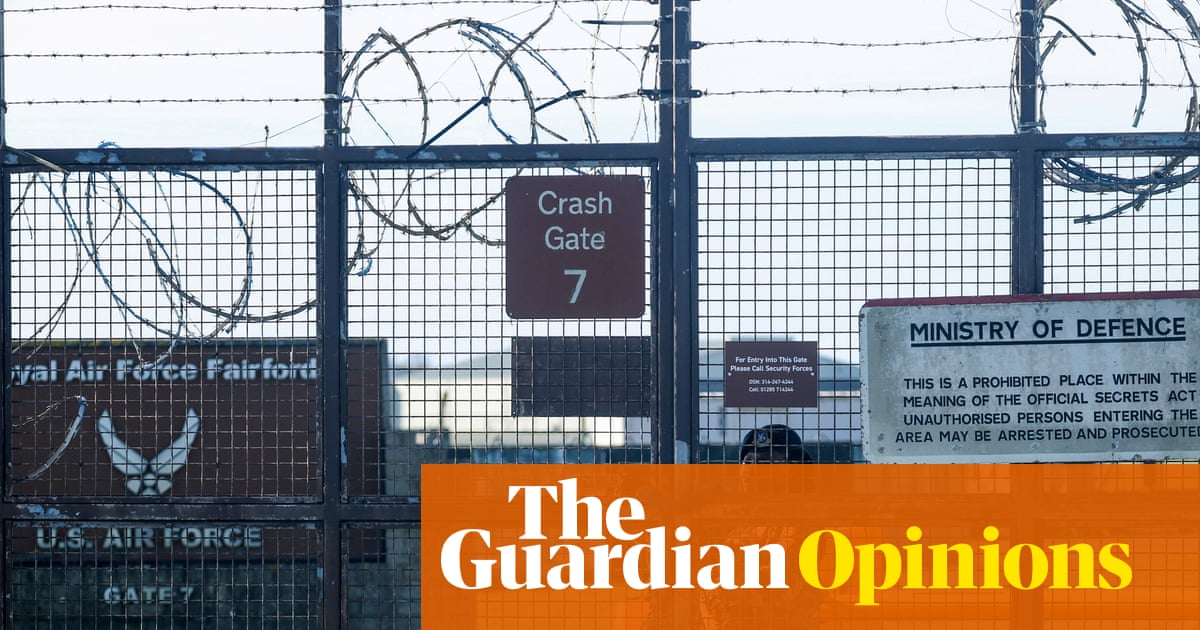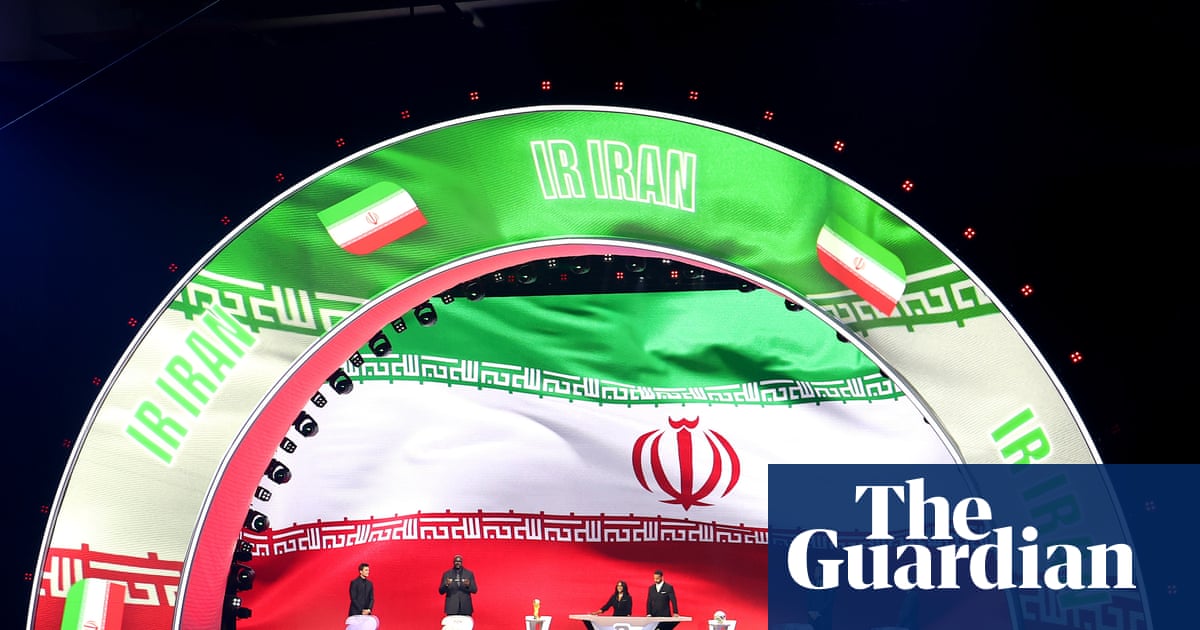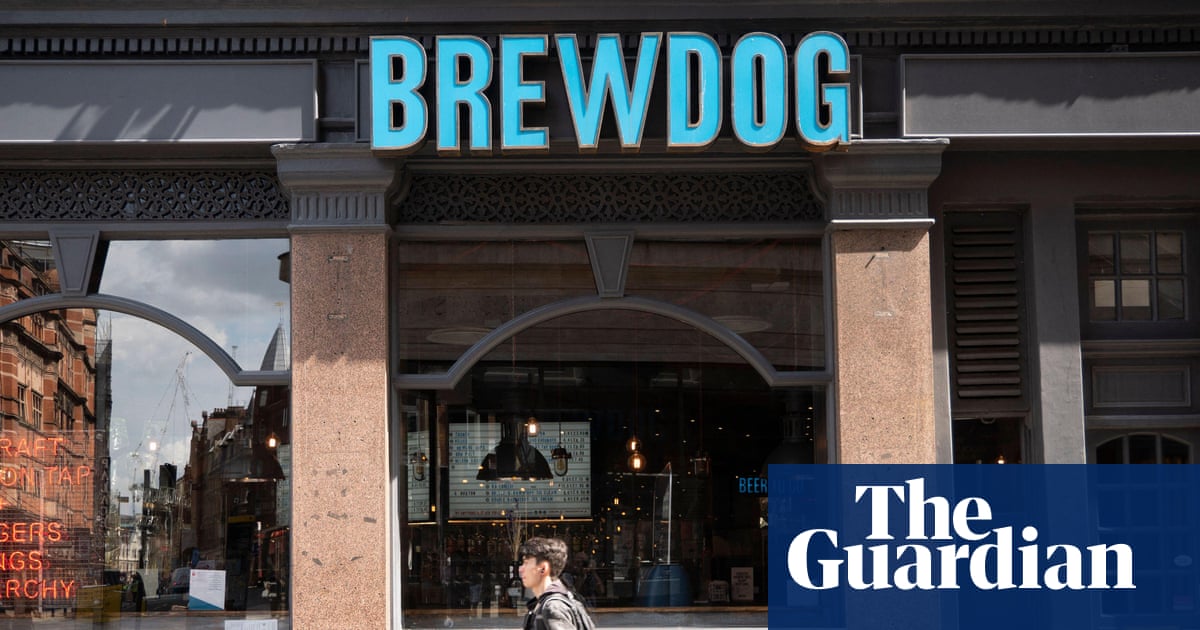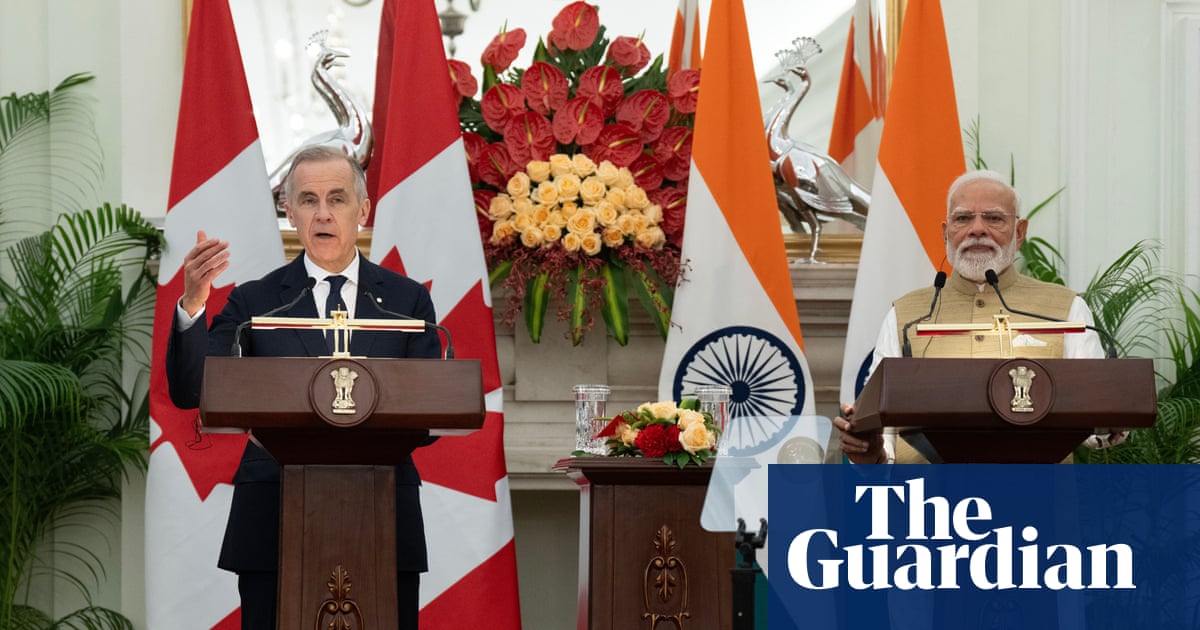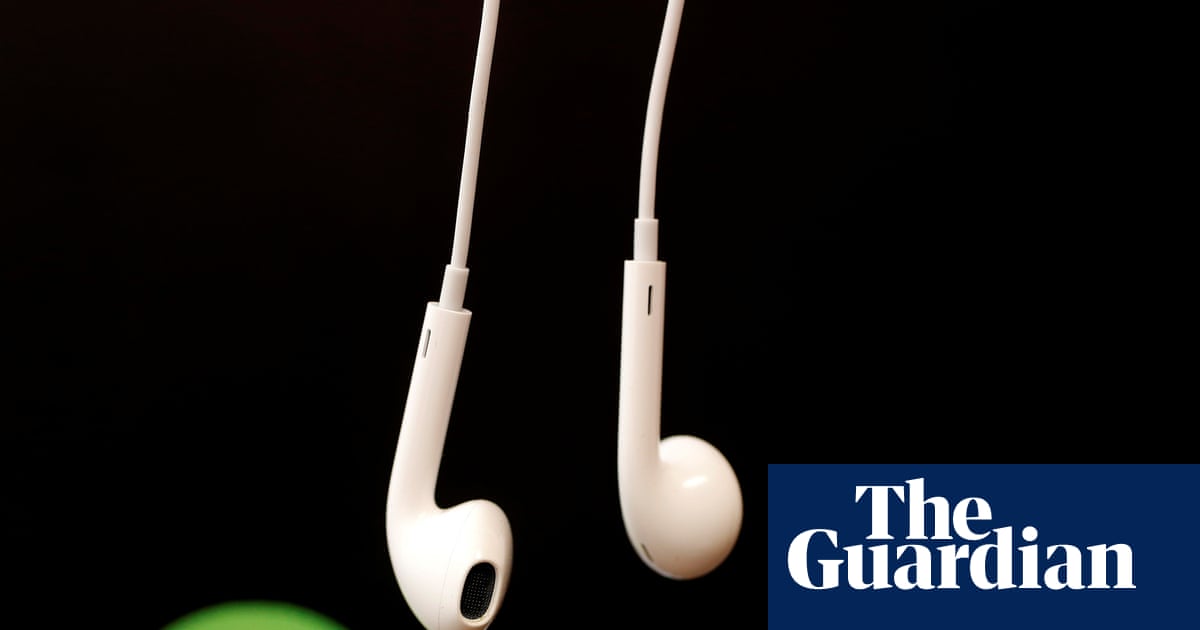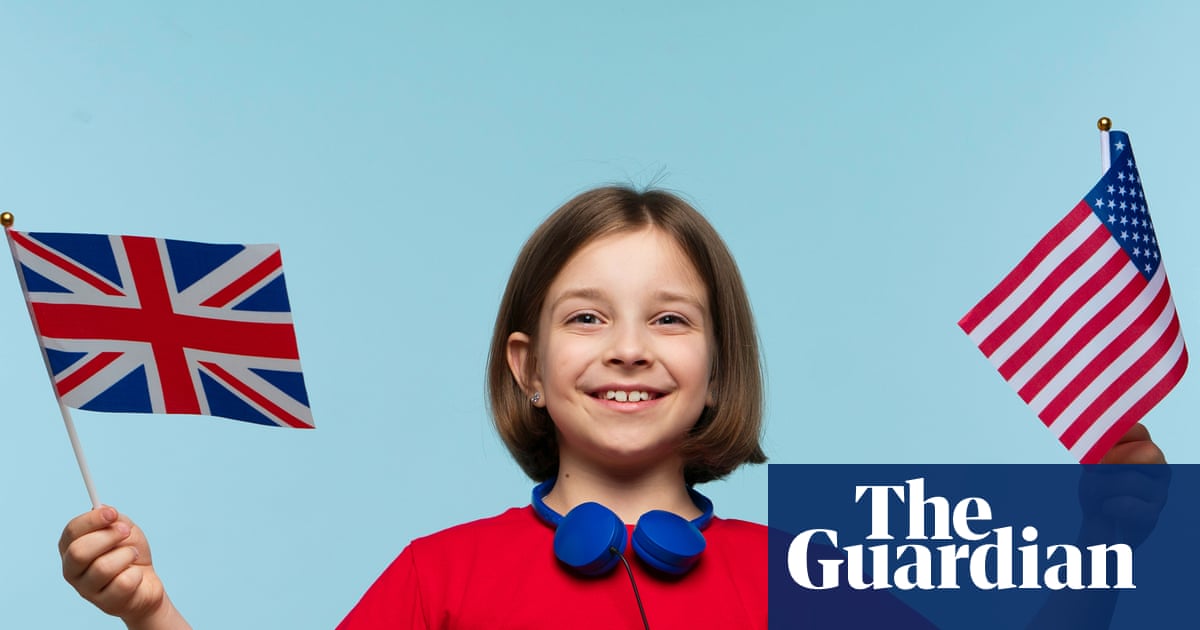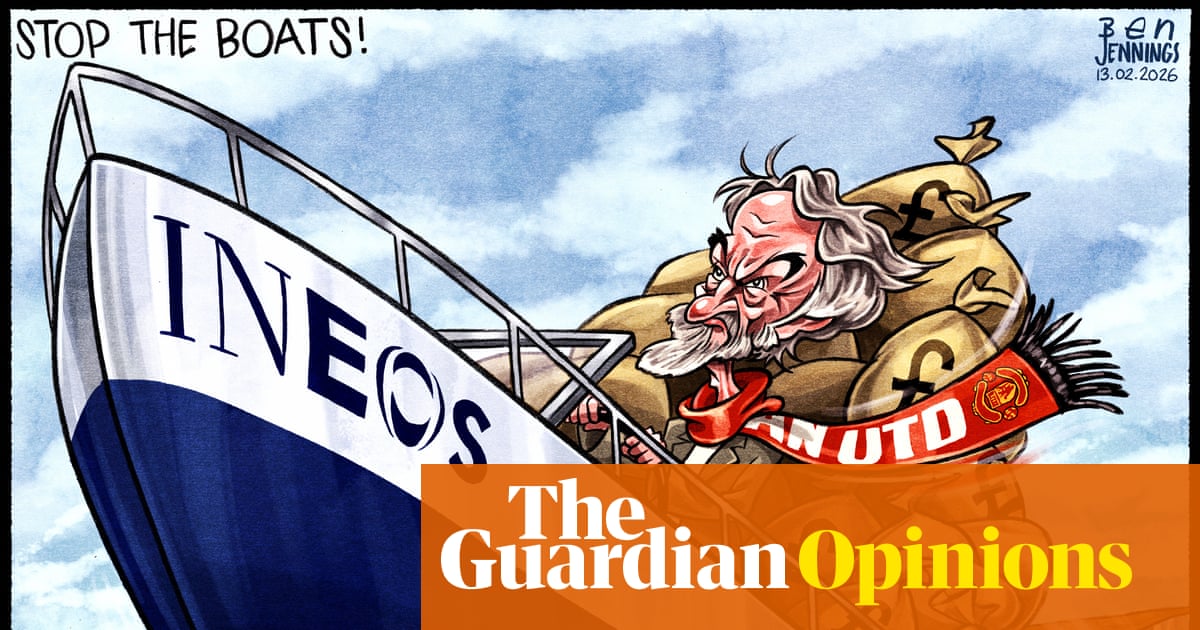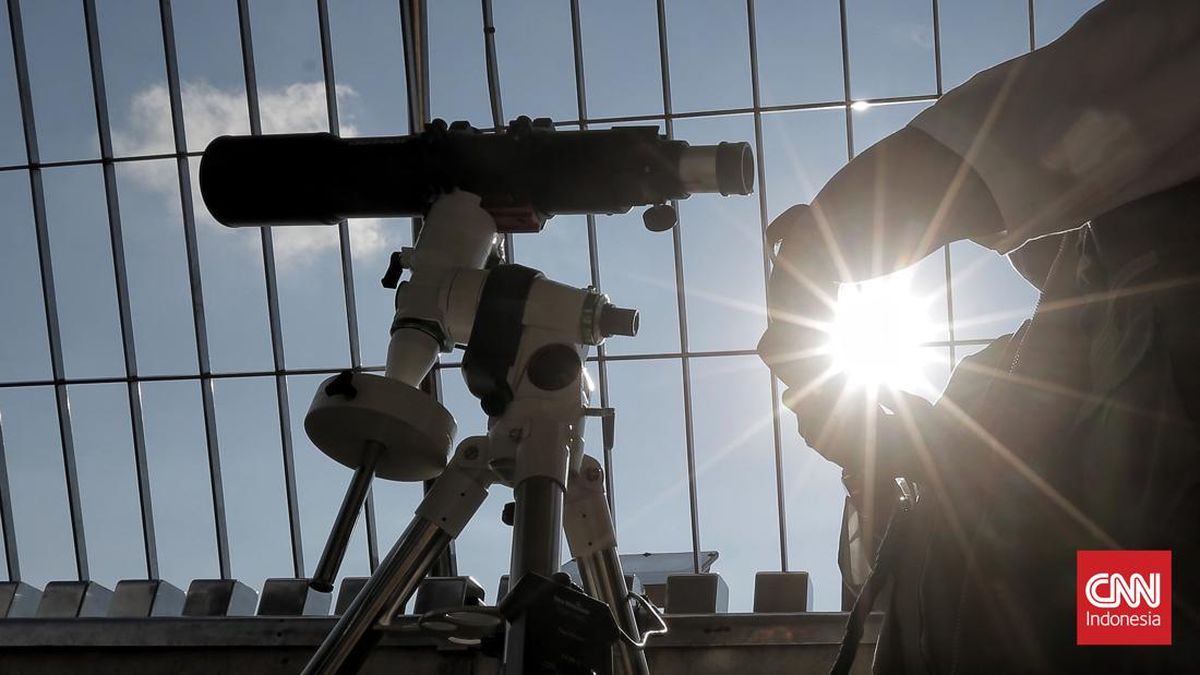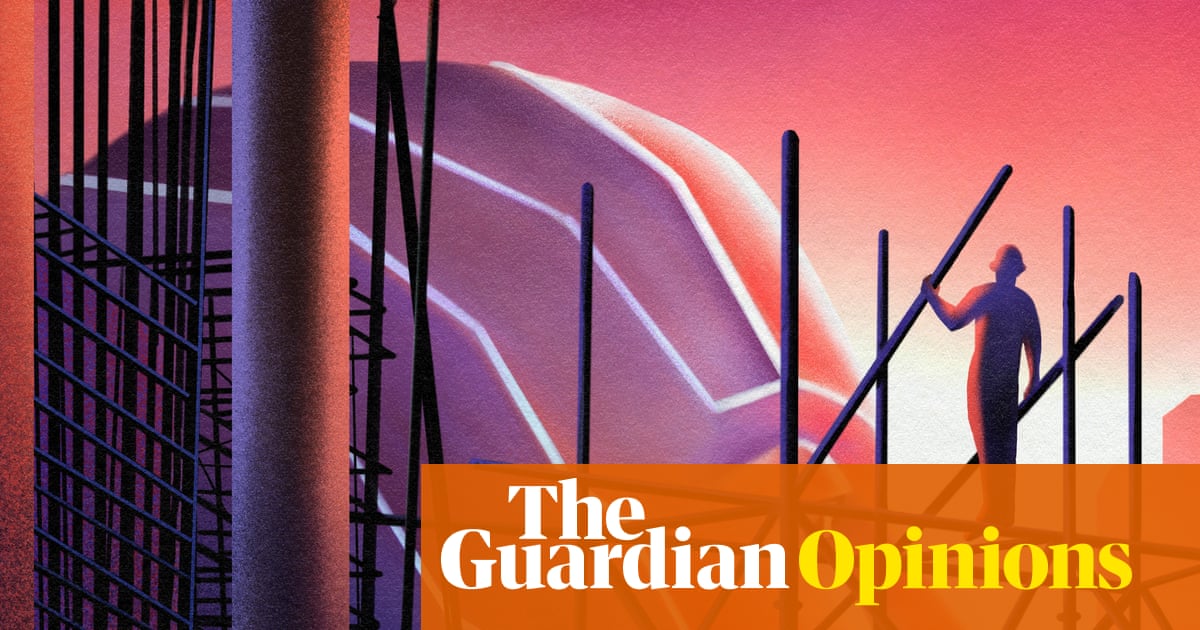The first time the Blue Jays won a World Series, in 1992, the team’s victory parade was held on the same day as a contentious national referendum. At play that day was a suite of potential constitutional changes that had Canadians, living through a period of economic strain, regional tension, and a growing distrust of political elites, questioning what kind of country they were living in. The referendum failed and paved the way for another, three years later, in 1995, that almost saw Quebec leave Canada altogether. Following the win, Prime Minister Brian Mulroney congratulated the Jays noting that, beyond it being a “historic victory” the team’s playoff run “united a nation behind you, capturing the imagination of Canadians from coast to coast.” It was something Canada needed.
This time there was no parade. The Jays lost 5-4 to the LA Dodgers in the early hours of Sunday in a heartbreaking Game 7, missing out on their first World Series title in 32 years.
It would be too much to suggest that Canada needed the Jays to win in exactly the same way the country did in 1992. For one thing, there has since been another World Series win – the following year, capped by Joe Carter’s historic walk-off home run. And it’s only been six years since the Toronto Raptors won the NBA championship – another surprise Canadian franchise victory in a US-dominated sport. In other words, it wouldn’t have been the first time ‘Canada’s Team’ has pulled off a win.
But some things never change. Canada’s national mood is perpetually fragile, after all, and its regional issues and economic tendencies are built-in. Sure, the country is not on the verge of splitting up, as it was in 1992, but there is a weird, and weirdly strong, separatist movement roiling in Alberta, pushing the province into unknown territory. Inflation is much lower, but other economic indicators are so-so. The national unemployment rate is lower now than it was in the early 90s – 7% now versus 11% then. But that depends on how old you are – youth unemployment in Canada is currently around 15%. Still, these are familiar, manageable issues. Tensions with the US are not.
Back in 1992, Canada had just signed the first Nafta with the US and Mexico. At least at a political level, there was a sense of cross-continental camaraderie. After a US Marine unwittingly unfurled the Canadian flag upside down during a 1992 World Series game in Atlanta, the US president, George HW Bush, quickly issued a formal apology. Blue Jays fans responded with grace, singing the Star-Spangled Banner loudly at the next game in Toronto. “The Americans are still ignorant about us in some ways, but that doesn’t mean we hold it against them,” Greg Brown, a Toronto dentist who sang alongside everyone at that game, told the LA Times. “That’s not the kind of people we are.”
So much for that. Last spring, Canadians, united behind the national men’s hockey team during the NHL’s Four Nations Cup, loudly booed the US anthem at every opportunity. These days, Nafta is dead. Its replacement deal sits in limbo amid an unhinged economic policy issued seemingly at random from Donald Trump’s White House. Occasionally, Trump has mused about making Canada a US state – a kind of threat not heard since the 19th century. Canada’s victory at the Four Nations was more than satisfying; it was cathartic. But months have passed since then, and the relationship between Canada and the US has just become further strained and stranger.
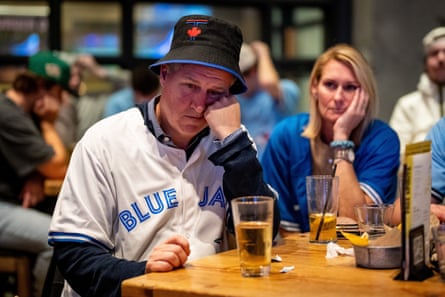
Into all this walked the Blue Jays, the only other team in Canada with even remotely the same national profile as the hockey team. And despite most of the Jays’ roster being composed of Americans, this October playoff run bolstered the same sense of nationalism as the Four Nations did. And a lot of Americans joined that bandwagon. Some of that was simply underdog support. The Dodgers, with their $700m superstar and Hollywood fans, make easy villains. But there was something more. For a certain type of American viewer, the Jays became a proxy for a different idea of power than what the US has embodied of late: something steadier, more powerful, and less loudly self-certain.
In a widely-circulated clip from his podcast, the American commentator Scott Galloway admitted that it was “strange” to find himself cheering for Toronto over his home team, the Dodgers. “Canada has never looked stronger,” he said. “The US strategy looks performative. Faux masculinity. Sclerotic. They’re dictating trade policy based on commercials that antagonize the president. Canada just looks more consistent and unafraid. I think this has bolstered the brand of Canada.” One online gambling site did a non-scientific scrape of geotagged data and fan hashtags on X, concluding that support was higher for the Jays than the Dodgers in every state other than California, Nevada, and Utah.
All of this, on its face, is about baseball. But it’s also about how sports become metaphors, whether we like it or not. The Jays 2025 playoff run was another moment for Canada to express its sense of itself and to project that against the world at a time when national identities are in flux everywhere. It was a chance to make the collective memories that come to shape and define a country’s personality. Henderson scores. Touch ‘em all, Joe. The Golden Goal. Connor McDavid for Canada. Blue Jays … well, almost got there.
Admittedly, the loss stings for another reason. For decades, Canadian hockey fans have watched US teams parade the Stanley Cup through American cities, the country’s most cherished sporting symbol becoming steadily less Canadian. But the Jays were winning in America’s pastime, in America’s stadiums, against America’s richest club. This time, the story ran the other way. Victory would have felt very good. Turning the tables would have felt even better.
But ultimately, this was another story of recognition. The Jays, even in their defeat, gave Canada another chance to see itself more clearly, more coherently. That vision will fade, as it always does. The other day-to-day issues will come back. The economy. The regionalism. The tariffs. One baseball win was never going to bind the nation for ever. But this was a nice reminder that the connecting threads are still there, that they still hold.

 3 months ago
59
3 months ago
59


